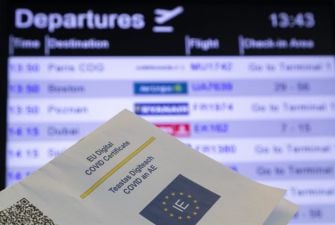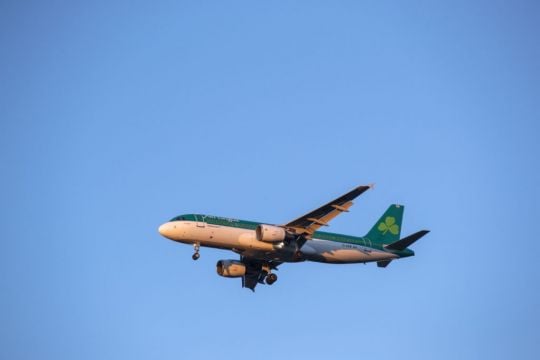Monday's return of international travel might be “the straw that breaks the camel’s back,” according to a virology expert.
Dr Gerald Barry welcomed the return of travel and the expected return of indoor dining next week, but warned these industries will suffer because of the failure to carry out improvements to the public health service.
Public health should have been arranged to better suppress the coronavirus, he told RTÉ radio’s Today with Claire Byrne show, and genome sequencing should have been better utilised to track outbreaks.
Dr Barry called for Covid-19 test centres to be established in every town, easily accessible so that people would be encouraged to use them.
His comments came as people began to jet off on foreign holidays this morning, with non-essential international travel resuming in Ireland.
Running smoothly
Government advice on travel changed on July 19th, advising people to travel safely and in line with public health guidelines rather than avoid all non-essential travel.
For travel within the European Union and European Economic Area, a digital Covid certificate system is now also in place for citizens.
For many, it marks the first time in more than 16 months that they have taken to the skies and left the island.
With airports across the country prepared for a busy day, airline Aer Lingus reported operations running smoothly at Dublin Airport this morning.
Over 22,000 people are expected to pass through the airport on Monday, as both Aer Lingus and Ryanair have ramped up their schedules in light of the implementation of the EU's digital Covid cert.
Aer Lingus said it was “ready to reunite families and friends” on Monday – although flights were not returning to pre-pandemic levels, with 66 operating today compared to 346 on this day in 2019.
'Emergency break'
With the implementation of the EU’s digital Covid cert system, travellers will face no quarantine if they have proof of full vaccination, have recovered from Covid-19 or have had a negative PCR test not more than 72 hours prior to arrival.
However, public health advice for those who are unvaccinated remains to avoid high risk activities, including international travel.
When it comes to arrivals into Ireland, travellers – including from Britain – will not have to quarantine if they have proof that they are fully vaccinated or have recovered from Covid-19.
Those who travel on the basis of a negative PCR test will have to self-quarantine for a period, which can be exited with a second negative PCR test taken from day five onwards.

Children between the ages of 12 and 17 will be required to have a negative PCR test taken within 72 hours prior to arrival into Ireland, unless they have valid proof of vaccination or recovery.
Children of any age travelling with accompanying vaccinated or recovered adults will not be required to self-quarantine post arrival. However, where one accompanying adult needs to self-quarantine, then all children must also self-quarantine.
The Government has cautioned that travel continues to carry an element of risk and “travel rules are subject to change at very short notice, including the potential application of the 'emergency brake' mechanism.”
—Additional reporting by Vivienne Clarke.







